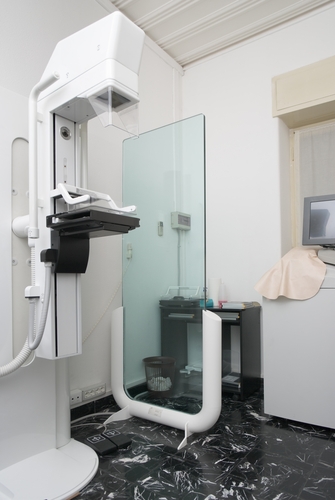The health care industry is notorious for being slow to evolve, with doctors still transitioning to electronic health records from paper documents. However, recent advancements in health information technology have allowed physicians to ramp up their services in the 21st century.
Telemedicine has steadily increased in popularity, and a recent report showed that Mississippi is emerging as a leader in the sector.
Leading the remote care charge
According to Politico, the Magnolia State typically sits near the bottom in most U.S. health rankings, including the worst infant mortality rate and the second highest rate of obesity. However, the state's only academic hospital has remote connections with more than 160 sites, which helps doctors provide specialized services to some of Mississippi's most medically underserved cities and towns.
The telemedicine program ranked among the seven best in the nation and even inspired nearby Arkansas to make greater strides to advance its own remote care operations. In fact, Mississippi's congressional delegation stands at the center of a group of lawmakers pushing for the national implementation of telemedicine services. The politicians purport that the technology could bring in large profits if Medicare reimburses doctors.
Despite having one of the worst doctor shortages in the country, Mississippi has championed the telemedicine movement. Mignon Clyburn, commissioner of the Federal Communications Commission, explained that the state has helped solved the challenge of getting broadband remote care to its most rural and underserved areas.
For example, Baptist Memorial Hospital in New Albany has used telemedicine for two years to connect neurologists from a private company to patients. By the end of 2015, Chief Executive Officer Walter Grace hopes to add similar systems for intensive care and pulmonology patients.
While Mississippi has experienced considerable success with its remote care programs, a recent survey indicated that issues with state licensure still exist for telemedicine.
Crossing state lines to help patients
FierceHealthIT reported that the study, published in the journal Telemedicine and e-Health, showed time spent from start to approval for interstate medical licensure could be more than 12 hours. The process is seen as overly time consuming and poses a significant barrier to the use of remote care services across state lines.
Respondents to the survey were health care professionals who had experience with licensing processes in all of the U.S. The findings revealed that 54 percent of participants who submitted over 100 applications in a year said the process took more than 12 hours, while 17 percent said it took between 4 to 9 hours. In addition, only 8.3 percent found that all states were "reasonable in processing the applications."
Leading the country in satisfactory medical boards were Indiana (64 percent), Oregon (46 percent) and Pennsylvania (43 percent). However, states like California, Texas and Massachusetts ranked among the most difficult. With survey respondents reporting that obtaining a license took anywhere from 1 to 3 months, physicians might be more hesitant to participate in this innovative service.
Contact Viztek for more information.
Ronny Bachrach
Latest posts by Ronny Bachrach (see all)
- Konica Minolta Debuts First-of-Its-Kind Digital U-Arm System at AHRA - July 27, 2016
- Researchers Detect Signs Of Stroke Risk Using MRI - June 27, 2016
- Imaging Biz: Q&A with David S. Channin MD: How to Make PACS Patient Centered - June 22, 2016










